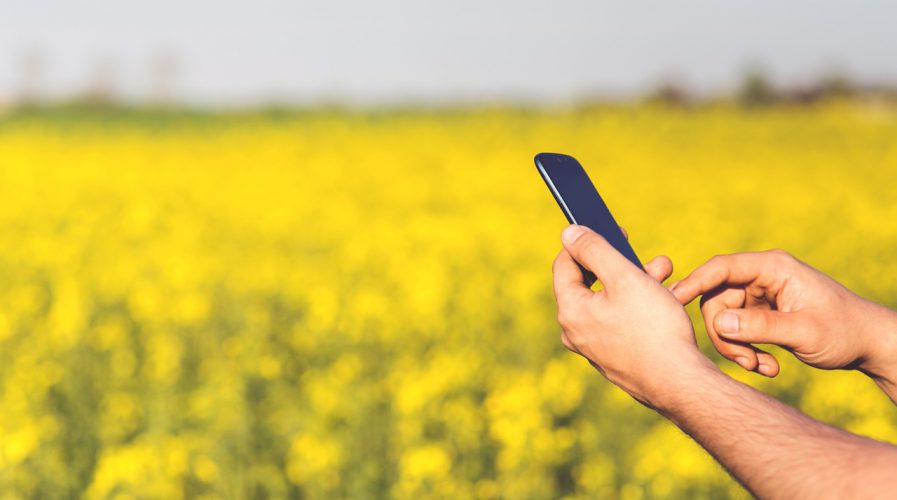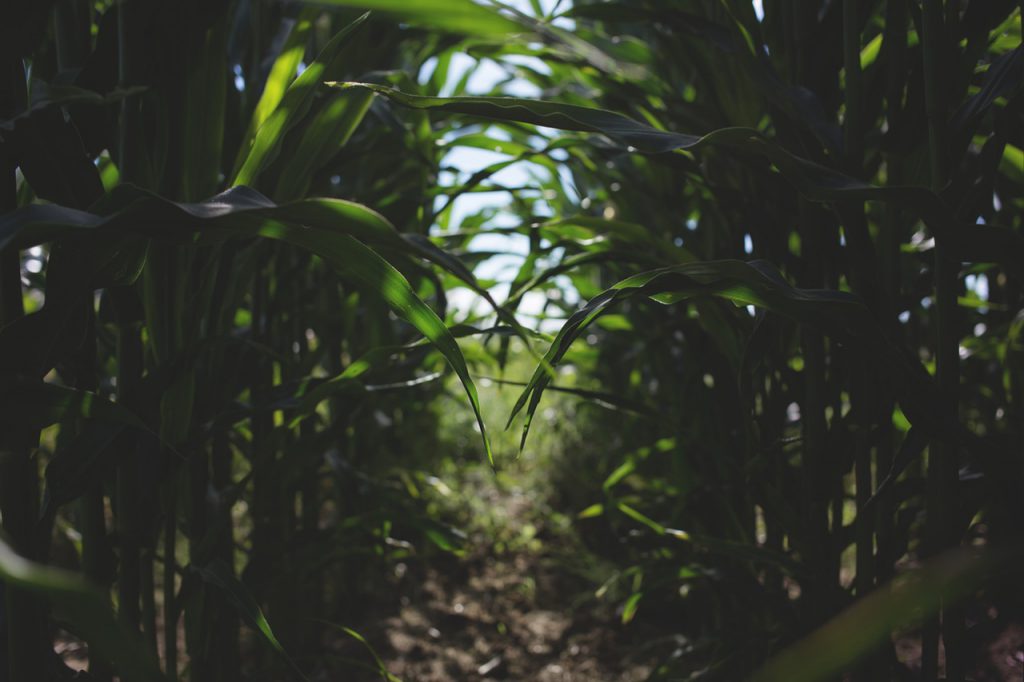
The Global Open Data for Agriculture and Nutrition (GODAN) hopes to use smart data to tackle food inequality. Pic: Pexels
Sharing agricultural data could spur app innovations to help end global food insecurity
IN the internet age, data is everything. Data can be used for enhanced patient care, to predict global trends, and to build smart cities.
Ten years ago when science agencies such as the U.S. National Oceanic and Atmospheric Administration made data collected over decades publicly available, developers used the information to create weather-forecasting smartphone apps.
Now it is possible to get an accurate weather reports from your phone almost anywhere in the world.
The Global Open Data for Agriculture and Nutrition (GODAN), a consortium of 340 organizations – from international farming research groups to universities and agribusiness giants – want to replicate this success for the agricultural and farming industry, creating endless opportunity for app developers and businesses.
SEE ALSO: 500 Startups, East Ventures invest in Indonesian agriculture-tech startup iGrow
GODAN believe public information already being gathered from satellites, fields and villages, once shared, could spur app innovations to increase efficiency, improve decision-making and reduce duplication for farmers and other agricultural workers.
With the free data, apps useful to the agricultural industry could be developed, such as farm weather apps, easily accessible market data for farmers, sharing of online land records, and cheaper crop insurance – the opportunities could be endless.

GODAN hopes to trigger an “open data revolution to zero hunger” to help create food security for the global population which is currently pushing 7.4 billion people and is expected to reach 9 billion by 2050.
However, opening up such data does face challenges.
Satellite data takes up huge amounts of storage space and sharing information in a coherent way online isn’t always a priority for those collecting the data. Also, some data may be considered a matter of national security and therefore unshareable. Other countries may not have the financial means or people resources to put the data online.
Still, progress is being made. The U.S. Agency for International Development (USAID) and the U.N. Food and Agriculture Organization announced a US$15 million programme last week that is designed to help developing countries in Africa, Asia and Latin America improve their capacity to track agricultural data.
READ MORE
- Safer Automation: How Sophic and Firmus Succeeded in Malaysia with MDEC’s Support
- Privilege granted, not gained: Intelligent authorization for enhanced infrastructure productivity
- Low-Code produces the Proof-of-Possibilities
- New Wearables Enable Staff to Work Faster and Safer
- Experts weigh in on Oracle’s departure from adland
